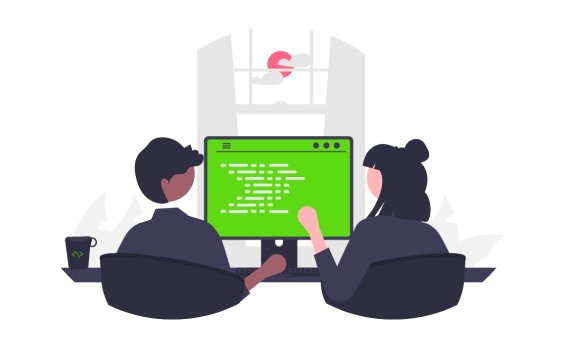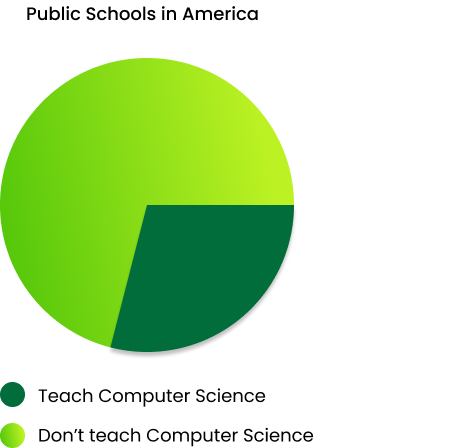Here is a comprehensive list of all of the classes that ACM Teach LA provides! You can find more information about what the class is about, its learning goals, and its curriculum. Part of our mission is making education truly accessible, and that involves open-sourcing as much information as possible; everything our instructors have, you’ll find here.

Classes are taught weekly, typically sized between 15 and 25 students, and are lead by UCLA undergraduate students with academic, personal or industry experience in computer science. Undergrads meet once a week with our Curriculum Director before each class to prepare for weekly lessons.
If you are an undergrad not specifically interested in teaching but still want to contribute to Teach LA’s mission, we have an undergrad dev team that maintains and expands Teach LA’s website. Dev team meets weekly on a separate, varying schedule.
Furthermore, Teach LA has other outreach events with schools in the LA area, including speaker events in which undergrads give a talk on a specific topic within computer science, or day long activities with a given school.
As of 2018, only 22 out of 50 states have K-12 computer science standards, and only 35% of public high schools in America teach computer science. Specifically, students from minority backgrounds receive the least exposure to computer science, especially as school districts serving minority communities often lack STEM funding.
ACM Teach LA aims to fill this gap by providing schools and students with in-school and extracurricular support. Our flagship program consists of quarter to year-long structured classes on various computer science topics (basic programming, web development, machine learning, data science, computer graphics), backed by robust, structured curriculums, and student tutors with academic and industry experience. We've also developed an open-source online code IDE, with the goal of supporting students' computer science learning regardless of their access to a certain type of computer. We also perform outreach, either through events (e.g. Day of Code) or by visitng schools and talking to students.

|
'20-21 Intern Application StatsA quick summary of statistics surrounding our '20-21 intern application cycle. |